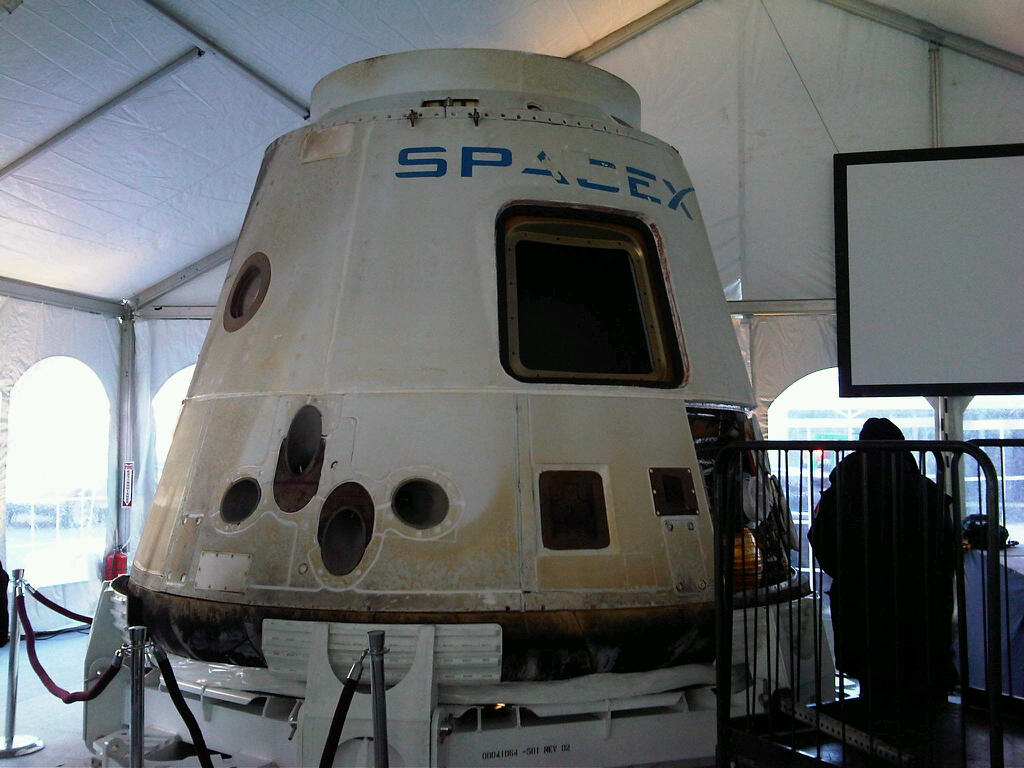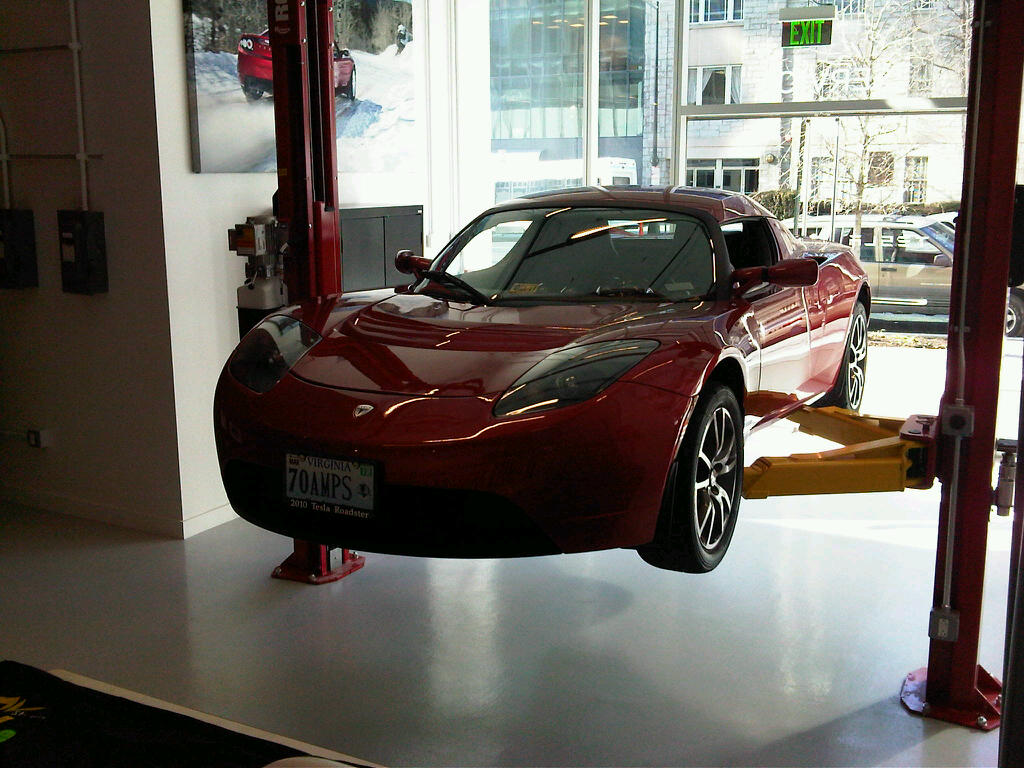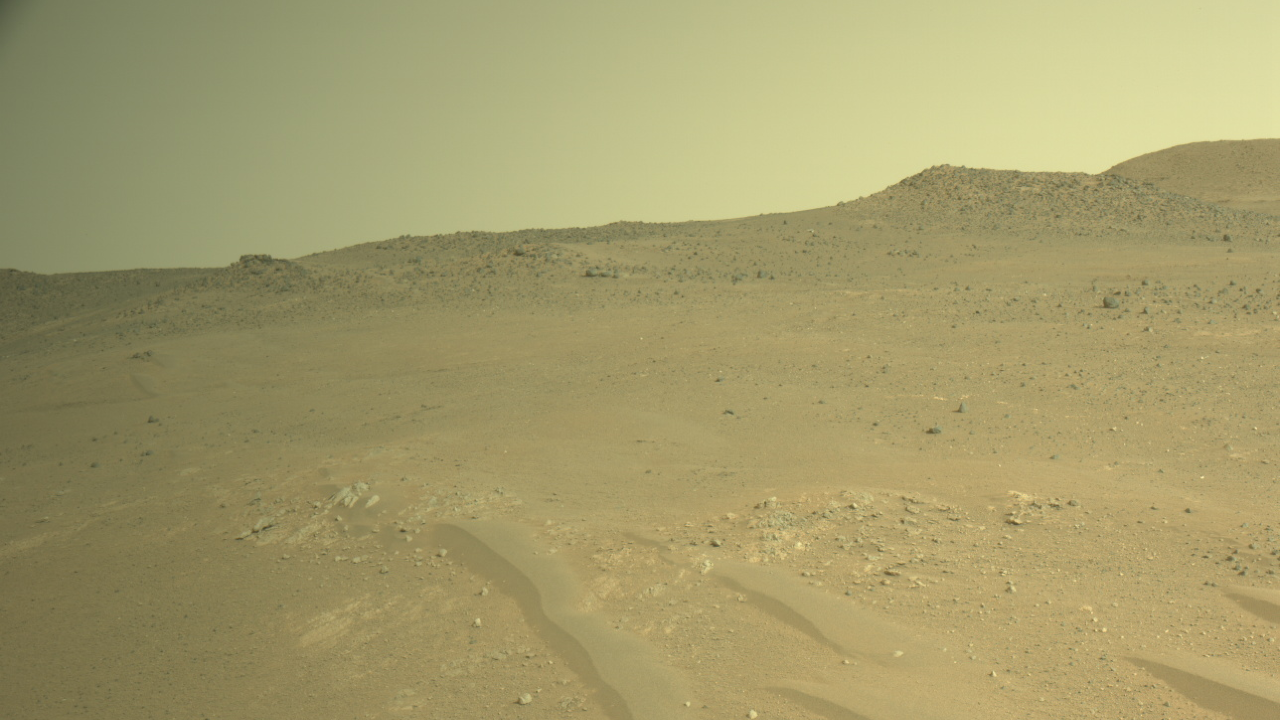SpaceX, Tesla Motors Showcase New Innovation for Space and Beyond

Breaking space news, the latest updates on rocket launches, skywatching events and more!
You are now subscribed
Your newsletter sign-up was successful
Want to add more newsletters?

Delivered daily
Daily Newsletter
Breaking space news, the latest updates on rocket launches, skywatching events and more!

Once a month
Watch This Space
Sign up to our monthly entertainment newsletter to keep up with all our coverage of the latest sci-fi and space movies, tv shows, games and books.

Once a week
Night Sky This Week
Discover this week's must-see night sky events, moon phases, and stunning astrophotos. Sign up for our skywatching newsletter and explore the universe with us!

Twice a month
Strange New Words
Space.com's Sci-Fi Reader's Club. Read a sci-fi short story every month and join a virtual community of fellow science fiction fans!
WASHINGTON – Commercial spaceflight company Space Exploration Technologies (SpaceX) and electric carmaker Tesla Motors teamed up yesterday (Feb. 10) to offer a behind-the-scenes glimpse of some of their products that are pushing the boundaries of technological innovation.
To celebrate the opening of the city's first Tesla showroom, the two companies jointly hosted an exclusive open house for members of the media. On display were SpaceX's Dragon space capsule, which became the first commercial spacecraft to effectively return from orbit after a successful test flight on Dec. 8, 2010, along with Tesla's Roadster and the forthcoming Model S sedan.
SpaceX, based in Hawthorne, Calif., and Tesla Motors, headquartered in Palo Alto, Calif., are both managed under the watchful eye of entrepreneur and CEO Elon Musk. Musk is also the co-founder of the online payment system PayPal.
SpaceX's unmanned Dragon spacecraft is being developed as a cargo vessel to deliver supplies to the International Space Station under a $1.6 billion deal with NASA. The contract calls for 12 SpaceX Dragon flights to the space station through 2016.
"The technology of space travel has arguably declined since the Apollo moon landings, as rocket flight has become significantly more expensive to the point of being almost unaffordable even for the federal government," Musk said in a statement. "SpaceX is revolutionizing the industry with launch costs that are the most competitive in the world, despite our vehicles having higher design safety margins and greater systems redundancy. Ultimately, our goal is to reduce costs by over a factor of ten, saving billions of tax dollars and helping to launch a new age of discovery."
On Dec. 8, Dragon launched on SpaceX's Falcon 9 rocket, orbited the Earth twice, and re-entered the Earth's atmosphere before splashing down in the Pacific Ocean. The mission was considered an overwhelming success.
"We were really happy," Ken Bowersox, SpaceX vice president of astronaut safety and mission assurance and former NASA shuttle and space station commander, told SPACE.com. "It reminded me a lot of how the space missions that I've been on have gone. Typically when you plan things well and think about the contingencies before you launch, the mission on orbit goes very smoothly and you get the desired outcome in the end."
Breaking space news, the latest updates on rocket launches, skywatching events and more!
The smooth test flight of the Dragon capsule shone a spotlight on the potential for commercial spaceflight, and may have even helped break down some barriers.
"I think it probably did a lot to reduce the level of fear that's present in the community," Bowersox said. "Everybody forgets the fact that commercial companies have made every single vehicle that has ever been flown by NASA. I think people are seeing that this could open up exploration instead of stopping exploration. When people realize that, they'll start to accept it as a good thing."
Recently, SpaceX submitted a proposal to NASA's Commercial Crew Development (CCDev) program to begin developing a version of the Dragon capsule to transport people into orbit.
For Musk, SpaceX is not the only one of his endeavors making technological leaps.
"Tesla is expediting the move toward energy independence, promoting clean transportation and helping restore America to a position of global automotive leadership," Musk said.
Tesla's four-door, full-sized, battery electric Model S sedan is expected to hit the retail market in mid-2012. The car is designed and manufactured in California, and will be the first vehicle built from the ground up as an electric car.
At yesterday's event, Tesla also exhibited the Tesla Roadster, a sports car that runs on lithium-ion battery cells. This electric "supercar" can accelerate from 0 to 60 miles per hour in a rapid 3.7 seconds without using a single drop of gasoline. The Roadster, which can be plugged into any conventional electrical outlet, can also travel 245 miles on a single battery charge.
You can follow SPACE.com Staff Writer Denise Chow on Twitter @denisechow.

Denise Chow is a former Space.com staff writer who then worked as assistant managing editor at Live Science before moving to NBC News as a science reporter, where she focuses on general science and climate change. She spent two years with Space.com, writing about rocket launches and covering NASA's final three space shuttle missions, before joining the Live Science team in 2013. A Canadian transplant, Denise has a bachelor's degree from the University of Toronto, and a master's degree in journalism from New York University. At NBC News, Denise covers general science and climate change.

